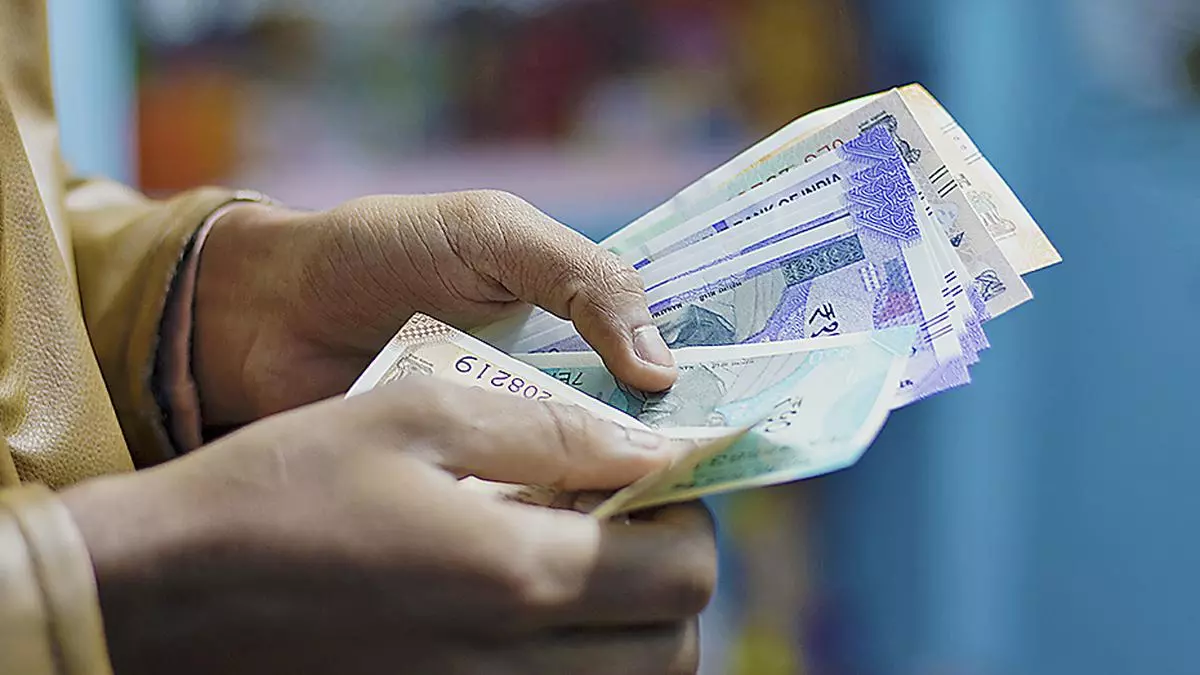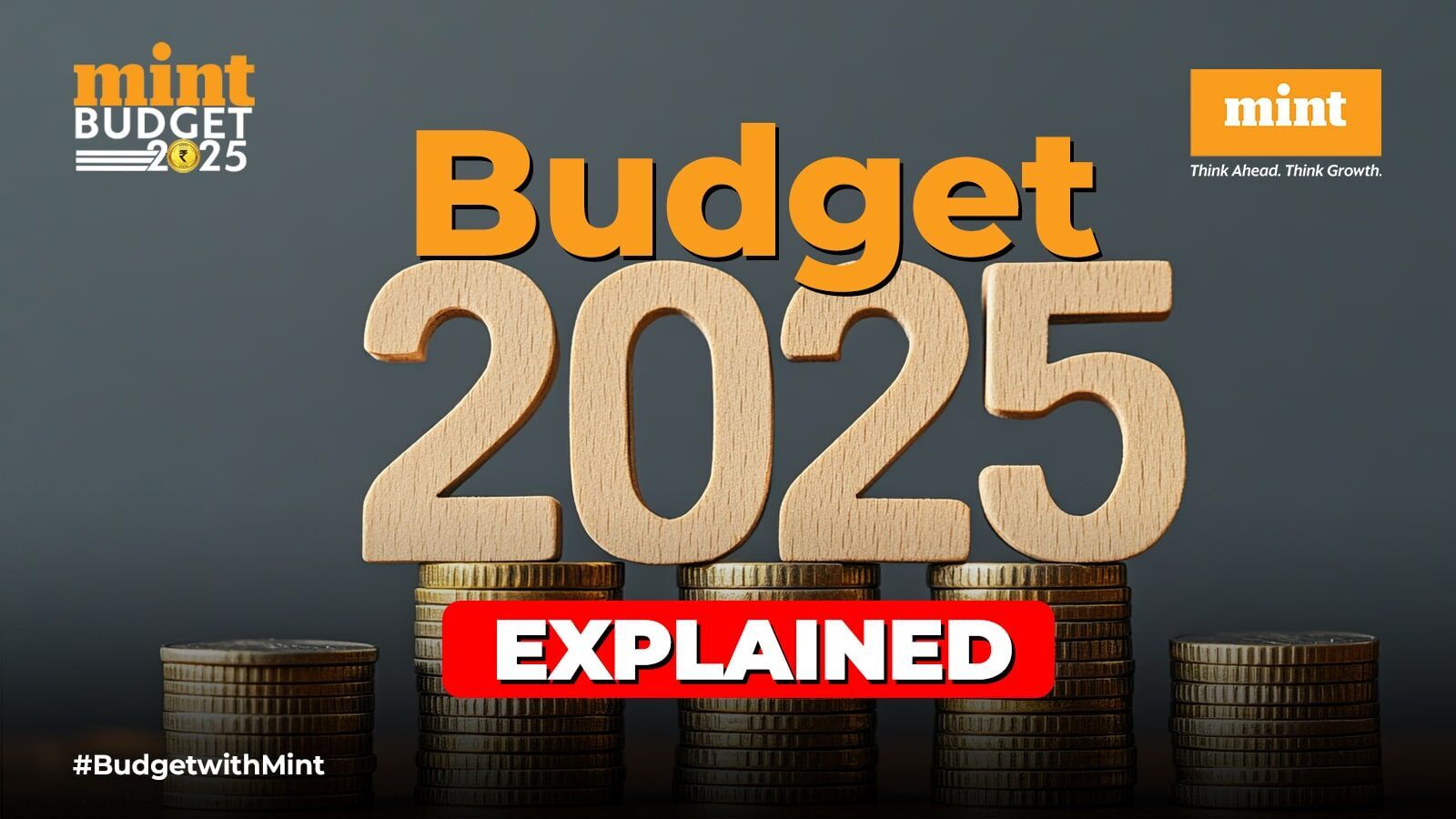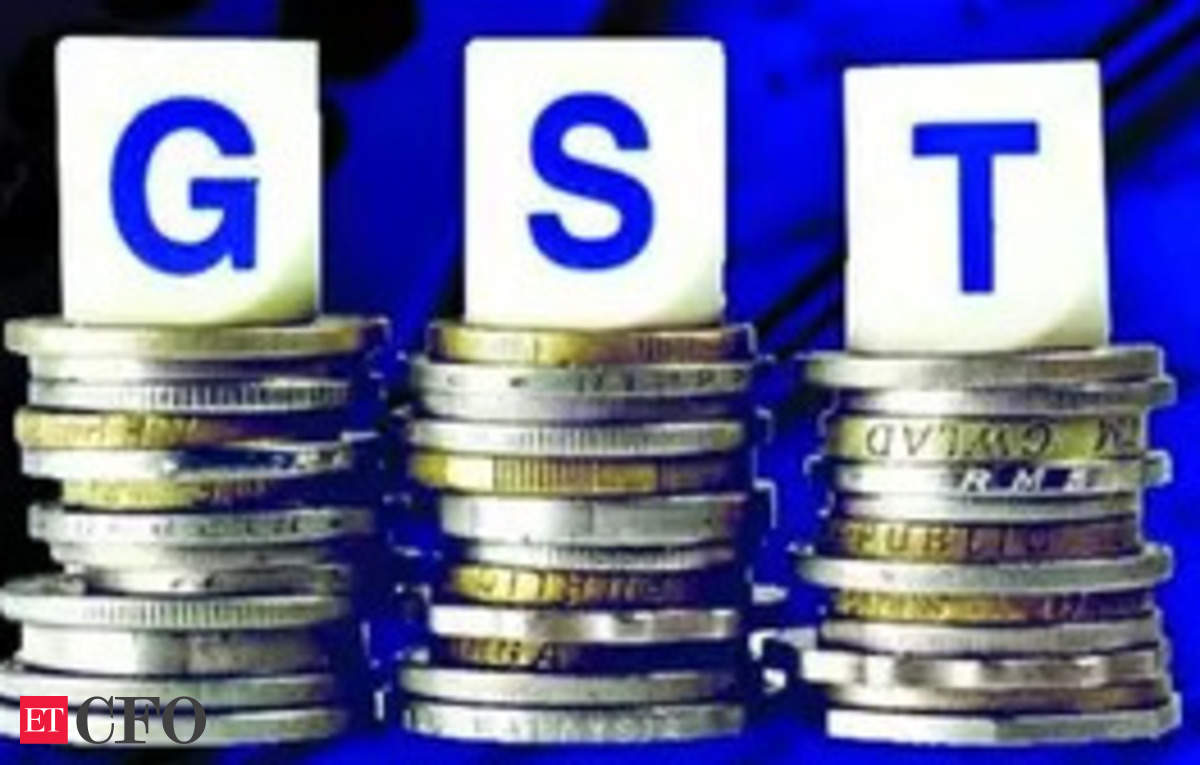The Income Tax Department meticulously monitors all financial transactions conducted by individuals, leveraging data from various sources to ensure tax compliance. Certain transactions trigger heightened scrutiny, with a focus on high-value cash movements. For instance, if an individual receives a deposit exceeding Rs 10 lakh in cash into their savings account during a fiscal year, the department may issue a notice to inquire about the source of these funds.
It’s noteworthy that the Central Board of Direct Taxes (CBDT) mandates banks to report any instances where an individual deposits a total of Rs 10 lakh or more during a financial year, across one or more time deposit accounts, excluding deposits made through renewals.
Furthermore, financial institutions and entities issuing bonds or debentures are required to report any receipt of Rs 10 lakh or more from an individual in a financial year for acquiring such securities. This stringent reporting mechanism aims to detect potential instances of tax evasion, black money, or hidden income associated with large cash transactions.
Here are six scenarios where your transactions could attract scrutiny from the Income Tax Department:
- High Cash Deposits and Withdrawals:
- Cash deposits exceeding Rs 10 lakh for savings accounts and Rs 50 lakh for current accounts, along with significant withdrawals, may prompt inquiries regarding the origin and purpose of the funds.
- Real Estate Transactions:
- Real estate deals involving amounts over Rs 30 lakh may draw the tax department’s attention, necessitating detailed information about the transaction and involved parties.
- Investments in Securities:
- Investments exceeding Rs 10 lakh in stocks, mutual funds, or bonds could invite scrutiny if the source of funds appears inconsistent with reported income.
- Credit Card Transactions:
- Although the I-T department doesn’t actively monitor individual credit card transactions, cash payments exceeding Rs 1 lakh or substantial debt settlements surpassing Rs 10 lakh made in cash may undergo scrutiny and investigation.
- Income Declaration Mismatch:
- Discrepancies between declared income and bank data may trigger notifications, underscoring the importance of maintaining accurate financial records to avoid discrepancies.
- Foreign Exchange Transactions:
- Purchases of foreign exchange, including travelers’ checks and forex cards, using debit or credit cards, aggregating to Rs 10 lakh, also require reporting.
Ensuring transparency in significant transactions and maintaining clear documentation of fund sources is essential to avoid investigations into unaccounted cash inflows, thereby fostering compliance with tax regulations.
Visit www.cagurujiclasses.com for practical courses











